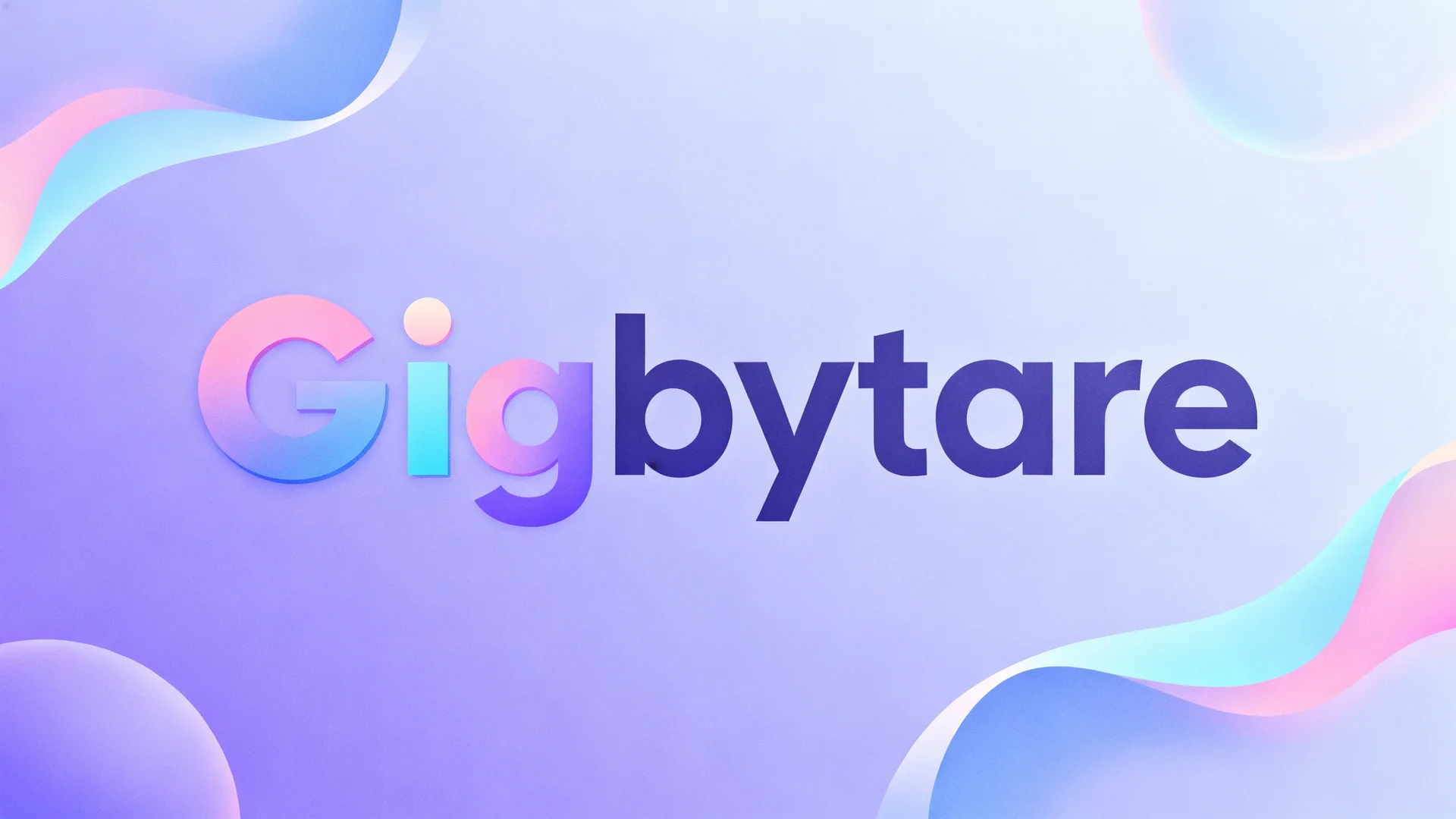
Loading...
Checking authentication...
Practice your pronunciation with interactive games and challenges.
Start PlayingIn the early days of computing, storage was a precious commodity, measured in kilobytes or megabytes. However, with the exponential explosion of digital content over the past few decades, one gigabyte today represents the modern unit of progress. With data-hungry applications and lightning-fast internet speeds, the gigabyte has become the benchmark for memory in devices, cloud computing, and even streaming services.
The term gigabyte (pronounced “jigh-guh-bite”) encapsulates a world that thrives on information. It has evolved from a technical specification to an emblem of the digital revolution. Consider this: many modern smartphones come equipped with storage capacities measured in gigabytes, along with cloud solutions that now offer terabytes of space. The gigabyte is not just a number; it represents a commitment to a future where data is an extension of our very being.
Did you know? The term “gigabyte” was first used in the early days of computing and has now expanded its role from a mere technical term into everyday language, symbolizing the digital era's boundless capacity!
Today’s digital trends are steering society into an arena where the gigabyte is integral to our lifestyles. From high-definition video streaming to immersive virtual reality experiences, the concept of storage space has taken center stage in discussions about innovation and accessibility.
Modern devices like tablets, laptops, and smart TVs are designed with gigabytes of storage to cater to consumers' growing appetites for high-quality content. Consumers are no longer just settling for minimal storage; they are demanding devices that hold extensive libraries of apps, media, and personal data.
It’s crucial, as part of your language-learning journey, to also grasp the correct pronunciation of advanced vocabulary like Gigabyte pronunciation guide. Mastering the proper utterance will not only build your lexicon but also empower you to discuss contemporary topics confidently.
Usage Tip: When discussing digital technology, practice saying "gigabyte" in different contexts. For example, try this sentence: "My smartphone has 128 gigabytes of memory, enough for hours of high-definition video!"
Language experts and tech industry insiders agree that terms like gigabyte have transcended their original technical confines. They now serve as a bridge between complex technology and everyday conversation. Linguist Dr. Evelyn Jones explains,
"The evolution of the term 'gigabyte' illustrates how language adapts to technological progress. Once confined to computer science textbooks, it now pops up in casual conversation, art, and even literature."
This intersection of language and technology is not merely anecdotal; it reflects broader trends in how society integrates modern innovations. As digital devices become ubiquitous, the lexicon surrounding them evolves as well, absorbing terms like gigabyte into everyday vocabulary. For language enthusiasts, this offers a rich opportunity to explore how linguistic metaphors have expanded to include digital experiences.
Imagine you're at a technology conference and someone states, "Our new app uses only a few gigabytes of data to operate flawlessly." How could you respond confidently? Use this scenario to practice incorporating the term naturally in conversation:
This practice scenario not only reinforces your understanding of technical vocabulary but also connects you to broader discussions on digital evolution.
While the term originates from the realm of computing, its impact is felt worldwide. Today, cultures across the globe are influenced by technologies that store and process data in gigabytes. In countries like Japan, South Korea, and across Europe, discussions about data storage often intersect with cultural values of efficiency, innovation, and progress.
In the United States, for instance, the term gigabyte might evoke images of cutting-edge smartphones and high-speed internet. In contrast, in emerging markets, it stands as a symbol for digital advancements that are transforming access to education and healthcare. Such differences highlight how a single term can weave itself into the fabric of diverse cultural narratives.
This cross-cultural exploration deepens our appreciation of how technology and language evolve hand in hand. As digital communication expands its reach, the gigabyte becomes a universal unit of progress, critical to discussions about innovation, sustainability, and economic growth.
As we look to the future, the influence of the gigabyte is set to grow even louder. With the advent of technologies like 5G, artificial intelligence, and the Internet of Things (IoT), our reliance on efficient data storage and seamless communication will only intensify. The gigabyte is no longer just a technical term-it’s an integral part of our modern lexicon.
Language enthusiasts and tech aficionados alike are encouraged to keep an eye on how terms like gigabyte will continue to morph. Will it eventually give way to even larger units, or will it become a nostalgic relic of early digital history? Only time will tell, and your active participation in this dialogue could shape tomorrow's linguistic trends.
Reflection Question: How do you see the role of digital vocabulary like gigabyte influencing the evolution of language in your personal and professional life?
Embrace the challenge of merging language with innovation. By expanding your vocabulary with terms like gigabyte, you are not only keeping pace with modern trends-you are helping to define the next era of communication. So, next time you discuss data, storage, or innovation, remember: every gigabyte tells a story of progress, connectivity, and the limitless potential of the digital age.